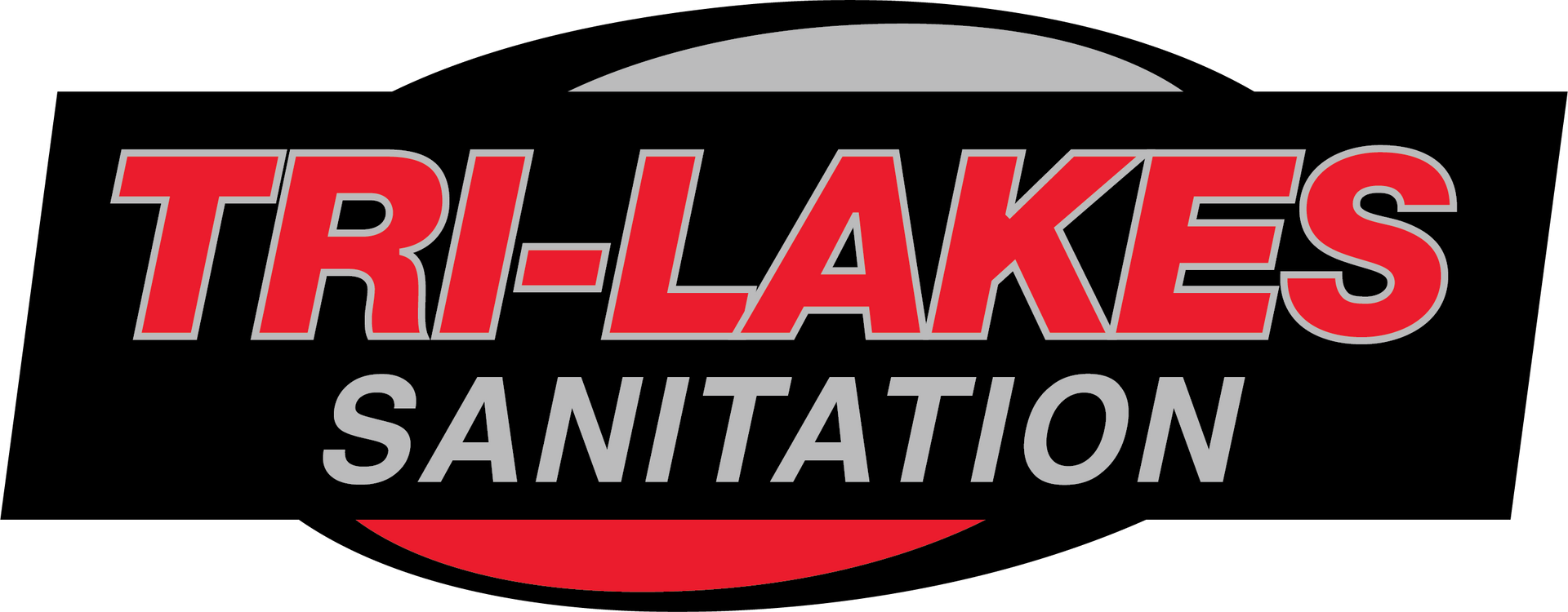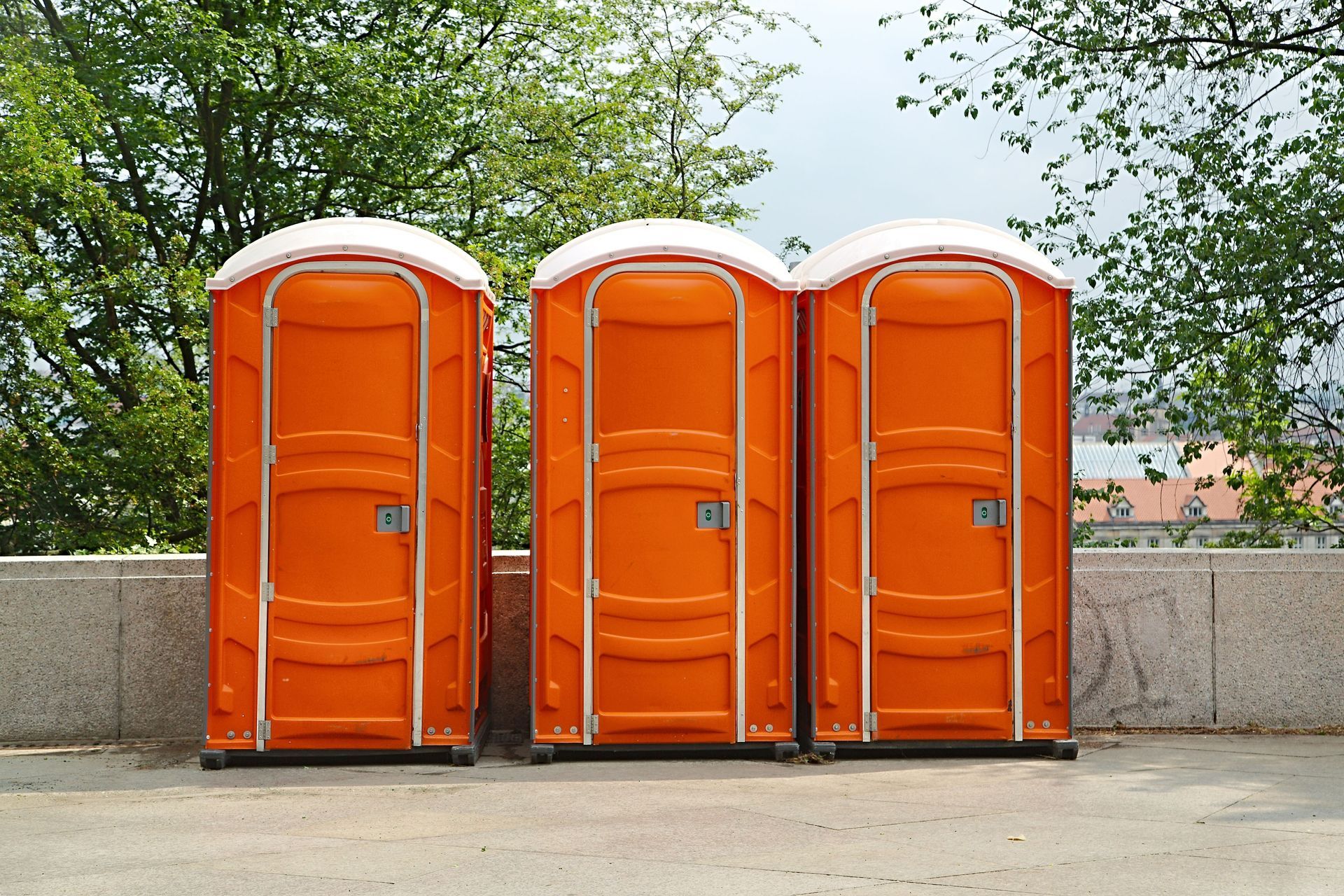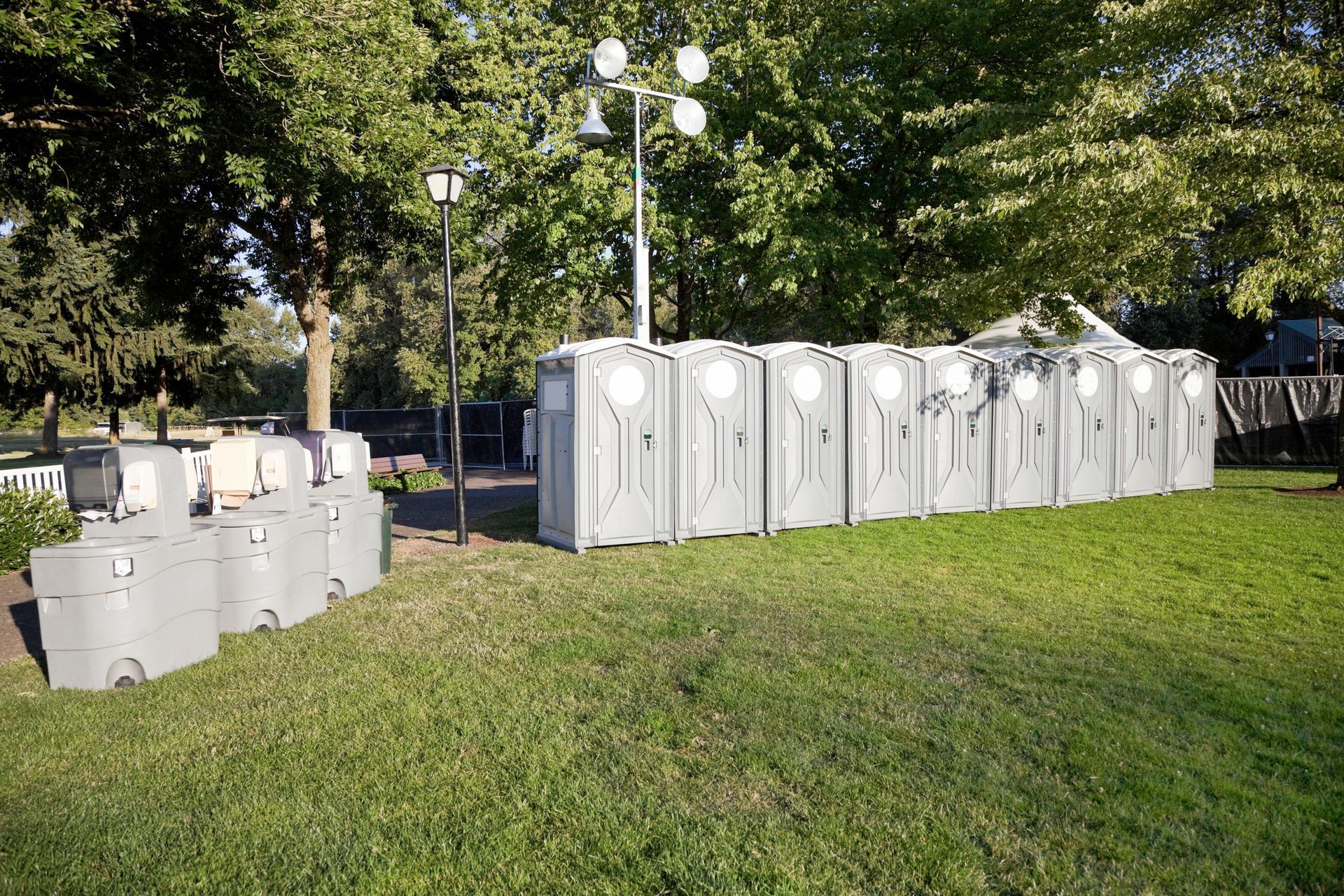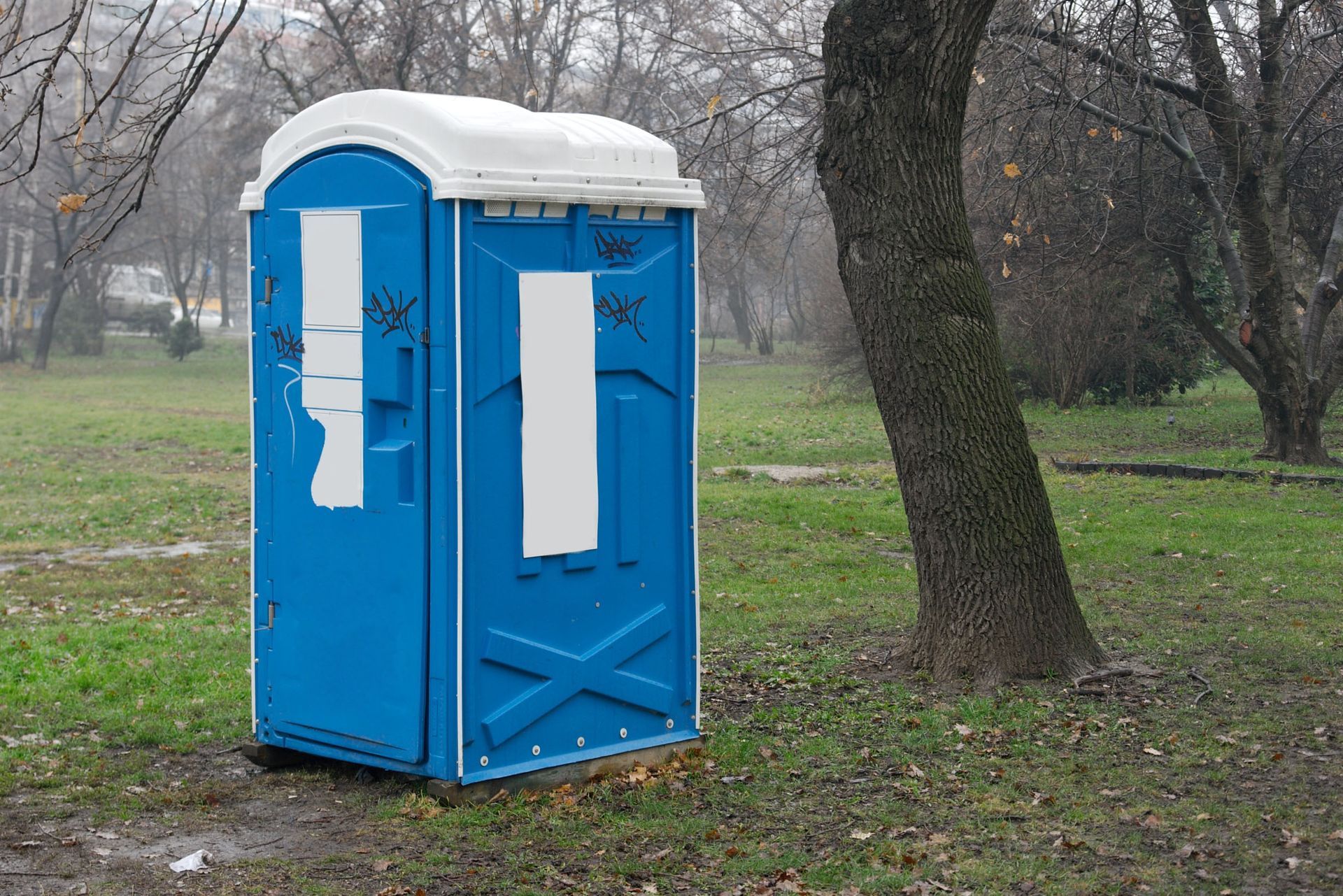What You Should Know Before Renting Portable Toilets
Renting portable toilets is more than just a logistical box to check—it’s an essential part of planning any outdoor event, construction project, or temporary worksite. Proper sanitation supports hygiene, comfort, and the overall success of your event or operation. Whether you’re coordinating a wedding, managing a music festival, or running a building site, thoughtful planning ensures that your facilities meet expectations and regulations. The right choices will prevent unpleasant surprises, long lines, and unsanitary conditions. This comprehensive guide explores everything you need to consider, including unit types, quantity estimation, pricing, contracts, placement, and maintenance, so you can make confident decisions and create a positive experience for all users.
Selecting the Right Unit Types Ensures Comfort and Accessibility
The type of unit you choose sets the tone for your event or project. Standard porta-potties are the most common option because they’re cost-effective and versatile. These simple units, usually including a toilet and urinal, work well for construction sites or short-term events where functionality is the main priority. Flushable units, on the other hand, provide a more sophisticated experience. They use a freshwater tank for manual flushing, which helps control odors and often comes with handwashing stations—perfect for upscale gatherings or longer rentals.
Accessibility is another key factor. ADA-compliant units are designed for wheelchair users or individuals who need extra space and support rails. Including these is both a matter of inclusivity and, in many areas, a legal requirement. For occasions where comfort is paramount, luxury trailer toilets are worth considering. These premium units offer multiple stalls, air conditioning, decorative lighting, and sometimes even music, creating a restroom experience comparable to indoor facilities. Specialty units, like those with showers or changing areas, are great for multi-day festivals, beach events, or worksites that need more versatile sanitation solutions. Matching unit types to your audience ensures you provide the right balance of comfort, accessibility, and budget for your portable toilets.
Accurate Quantity Estimates Prevent Overcrowding and Hygiene Issues
Underestimating the number of toilets can lead to long lines, unsanitary conditions, and frustrated guests or workers. Event duration plays a major role—longer events require either more units or more frequent servicing. As a rule of thumb, one portable toilet is recommended for every 50 people for up to four hours, according to Challenger Site Services. Exceeding that time frame means adding extra units or arranging for additional cleanings to maintain hygiene standards.
Expected attendance is another factor. A large concert or festival will have different needs than a small corporate gathering or wedding. If food and drinks are involved, people will use the facilities more frequently, so plan for additional capacity. Legal requirements can also dictate minimum sanitation levels. Many municipalities and event venues have regulations you’ll need to follow to avoid penalties. The type of event matters too—a high-end charity gala may use fewer but higher-quality units, while a community fair might require a greater quantity of standard models. Always account for site-specific conditions like available water, existing facilities, or weather, as these can influence how many portable toilets are truly necessary.
Understanding Costs and Fees Helps You Budget Effectively
Renting portable toilets involves more than a flat fee per unit. Base rental costs depend on the type and sophistication of the units—standard models are the cheapest, while luxury trailers and specialty configurations cost significantly more. Delivery and pick-up fees are also common, and these can vary based on distance, accessibility, and site conditions. If your event location is remote or difficult to reach, expect higher logistical charges.
Cleaning and maintenance services are often bundled into rental agreements, but you should clarify exactly what’s included. High-traffic events may need additional cleanings to keep facilities sanitary, which could mean extra costs. Damage deposits or insurance options help protect the rental company against vandalism or accidental damage. Reviewing these policies carefully can save you financial headaches later. Finally, consider seasonal pricing trends. Demand spikes in warmer months when outdoor events are most common, so booking early can help secure better rates and availability. A clear understanding of these costs ensures your budget covers all aspects of sanitation, from delivery to final pick-up.
Reviewing Contracts and Policies Protects You From Surprises
The rental contract is more than paperwork—it defines your responsibilities and safeguards your event. Booking timelines are critical. If you wait too long, especially during peak seasons, you risk limited choices or higher prices. Reserve your units as early as possible to secure the types and quantities you need.
Examine contract clauses closely. Look for information on rental duration, cleaning schedules, damage liability, and penalties for late returns or cancellations. Cancellation policies can vary widely—some companies are flexible, while others impose steep fees if you back out too close to the event. Insurance and liability coverage should also be clear. Confirm who is responsible if a unit is damaged or stolen and whether the company offers supplemental insurance. Customization options are another consideration. Many providers allow you to brand units, choose colors, or add upgraded fixtures to fit your event’s theme. Addressing these details ahead of time ensures that your portable toilets meet your standards and prevent unexpected disputes.
Strategic Placement Maximizes Accessibility and Convenience
Proper placement makes a big difference in usability and maintenance. Choose spots that are easy for attendees or workers to access but not so close to food service areas or busy thoroughfares that they create discomfort or congestion. Accessibility for service trucks is equally important—tight corners, uneven terrain, or narrow entrances can complicate deliveries and cleanings.
The type and number of units you select will influence your space requirements. Standard units take up minimal space, while luxury trailers and specialty configurations require more room and stability. Ground stability matters, too. Units should sit on level, firm ground to avoid tipping or shifting. In some cases, wedges or supports may be needed to level the area. Grouping units together can streamline maintenance, while spacing them strategically maintains user privacy. Taking time to map out the placement of portable toilets ensures they blend seamlessly with your event or worksite layout, reducing inconvenience and improving overall satisfaction.
Proper Maintenance and Etiquette Ensure a Clean, Reliable Experience
Even the best planning can fail without consistent maintenance. Establish a cleaning schedule that reflects usage levels—high-traffic areas may need servicing multiple times per day. Waste disposal should be handled by your rental provider and comply with environmental regulations to protect public health. Supplies like toilet paper, hand sanitizer, and soap must be replenished regularly. Confirm who is responsible for restocking these essentials to avoid gaps in service.
Prepare for emergencies such as spills, malfunctions, or vandalism. Have backup units or rapid-response cleaning crews on standby. Posting simple etiquette guidelines inside the units—like reminders to close lids or dispose of trash properly—can improve the user experience and reduce misuse. Clear communication with your rental provider ensures that any issues are addressed quickly. Proper maintenance protects your investment, safeguards hygiene, and ensures that your portable toilets remain functional and pleasant throughout your event or project.
Renting portable toilets isn’t just about convenience—it’s about creating a safe, sanitary, and welcoming environment for guests or workers. By carefully selecting unit types, estimating the right quantity, understanding costs, and reviewing contracts, you can avoid common pitfalls. Strategic placement and diligent maintenance further ensure a seamless experience. Following established guidelines—like Challenger Site Services’ recommendation of one unit per 50 attendees—helps you meet both practical needs and regulatory standards.
Thoughtful planning and proactive management leave a lasting impression on attendees and workers alike. When you’re ready to secure dependable sanitation solutions and expert support for your next event or job site, contact Tri-Lakes Sanitation today.





Share On: